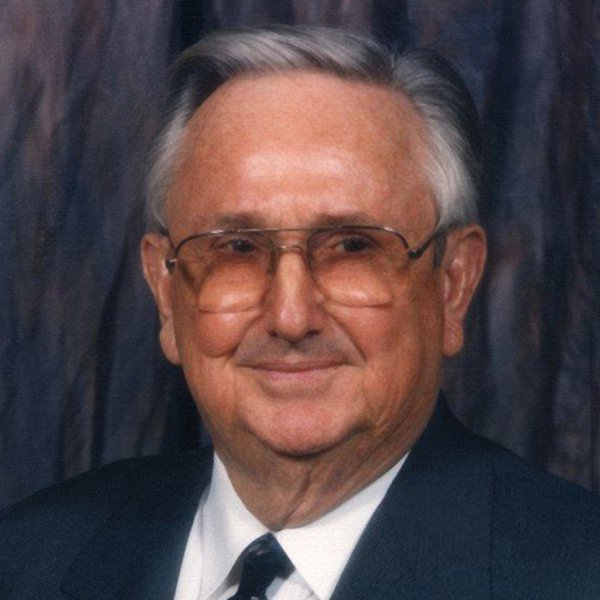
Class XXVI
Jack R. England
In the 1950’s the poultry industry was in its infancy in Arkansas. One of the true pioneers who led to its development into one of the leading poultry producing states in the nation is Jack England. He entered the poultry business in 1955, with four chicken houses and a flock of turkeys. England Feed and Equipment Company was established as he bought his own trucking fleet and built a feed mill. The business was successful for a time, but the industry struggled in the late 60’s. To compensate, England devised a model for a business based on the brokerage of hatching eggs. England began shipping and brokering fertile eggs, transporting them to broiler growers across the United States. His innovation came at a key period in the developing poultry industry. At the time, no other poultry professional had built a long-term, multi-million dollar business on the brokerage of hatching eggs which has since created hundreds of jobs for southeast Arkansas. His model connected widely dispersed suppliers with markets in different regions of the country having a shortage of eggs. With this service, England was able to curtail the restraining effects of shifts in supply and demand and spur the unparalleled growth of the poultry industry at a crucial phase of its evolution. His company expanded this model globally and became an international exporter of hatching eggs to Mexico, Canada, Europe and even the Middle East including Iraq. In recognition of its success, the company was awarded the Presidential “E” Award for excellence in exporting by the United States Department of Commerce and President George H. W. Bush in 1989. England has received numerous honors for his efforts advancing the poultry industry. In January, 2013 he was inducted into the American Poultry Hall of Fame in Atlanta. Other honors include the Award of Merit for Expansion of Export Markets in Arkansas by then-governor Bill Clinton and the National Broiler Council Market Builder Award for 100 percent support of programs that stimulated greater demand for broilers.
